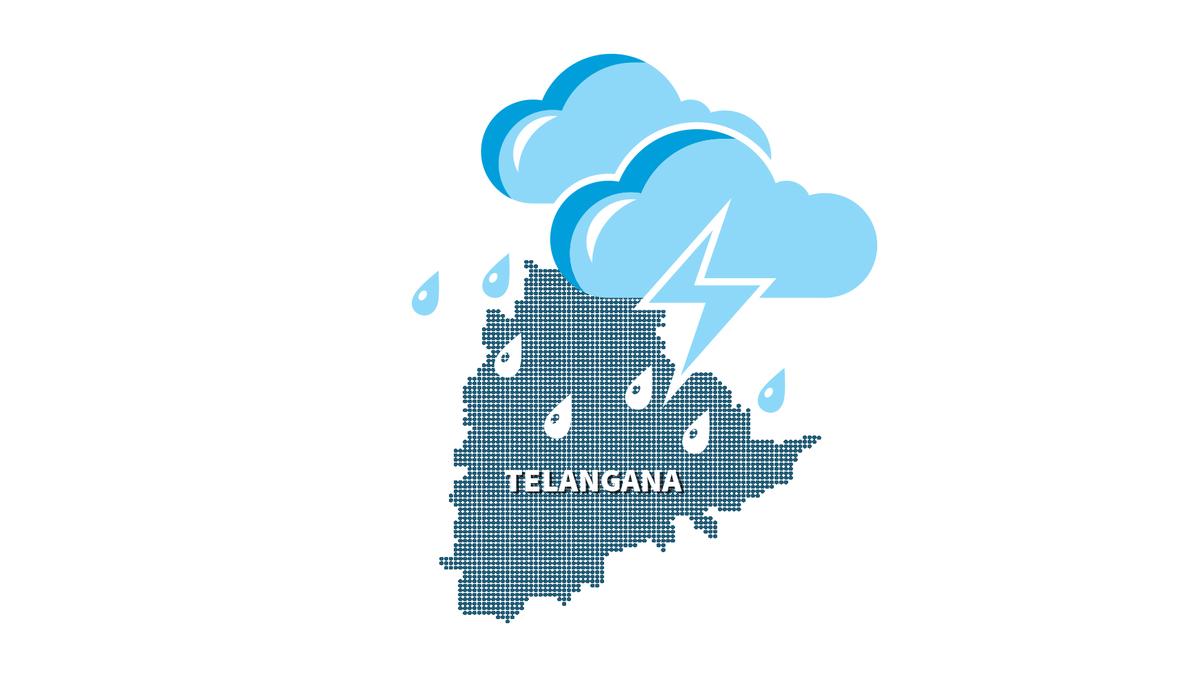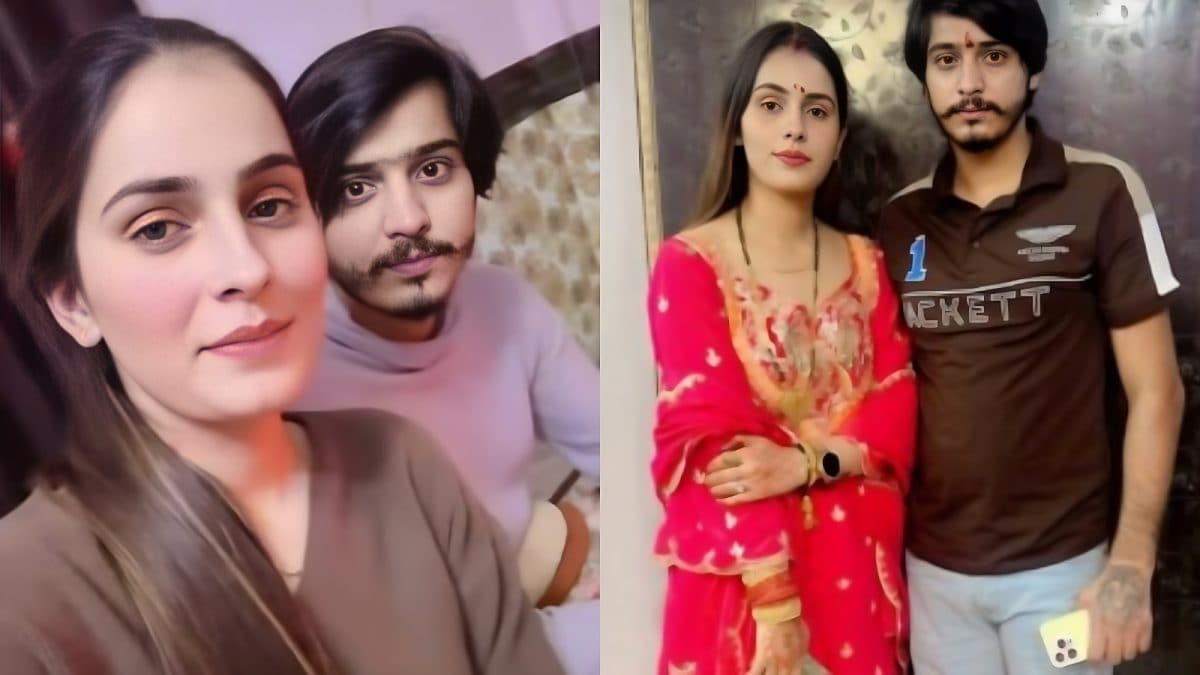ARTICLE AD BOX
Chief Justice of India B R Gavai on Saturday raised how he has been criticised for his judgment on the sub-classification of Scheduled Castes for reservation, including by the people from his own community.
Speaking at a felicitation function organised by the Goa High Court Bar Association in Panaji, CJI Gavai said, “The earlier speakers have also spoken about my judgment on sub-classification… I have been widely criticised for the said judgment from people belonging to my own community, but I always believed that I have to write my judgment not by the demands of the people or desires of the people, but as the law as I understand and as per my own conscience.”
In a landmark 6-1 majority ruling in August 2024, a seven-judge Constitution Bench held that Scheduled Castes do not constitute a socially homogeneous class and can be sub-classified by states for the purpose of providing reservation to the less privileged among them.
On criticism about his views on excluding the ‘creamy layer’ from the Scheduled Castes [and Scheduled Tribes], CJI Gavai said that generations of a family become IAS officers from the same reserved category. “The question that I had put to myself was that the son or daughter of a person who gets education in the best of the schools in Mumbai, or in Delhi…Can he be equated with the son or daughter of a mason or an agricultural labourer residing in a village and who takes education in a zilla parishad or gram panchayat school?”
The CJI said the Article 14 of the Constitution “does not mean that equality amongst all equals”.
“What is contemplated is that an unequal treatment to unequals so that they become equal, is what our Constitution promises. And therefore, by putting a child of a labourer residing in a village and a child of a chief secretary residing in Mumbai and studying in the best of the schools and the best of facilities, my view was that it hits at the very basic concept of equality, and fortunately, my view is supported by three other Honourable judges of the SC,” the CJI said.
Speaking on the SC verdict laying down guidelines to ensure due process is followed for demolishing the properties of citizens, the CJI said, “if the executive itself is permitted to be a judge, then we will be hitting at the very concept of the separation of powers.”
Story continues below this ad
“The widely talked about demolition judgment. We were perturbed by the fact that… people who were not even tried…their houses were being demolished without following the due procedure of law. And we held that…the members of the family who reside in the house, they also are made to suffer for no fault of theirs. And even if a person is convicted, still he is entitled to the rule of law and the rule of law… I am happy that we could lay down the guidelines,” he said.
The CJI said, “We could prohibit the executive not to become a judge. Our Constitution recognizes the separation of powers of the executive, judiciary and the legislature and if the executive itself is permitted to be a judge, then we will be hitting at the very concept of the separation of powers.”
The CJI added he was happy that in his journey as a judge for the last 22-23 years, he could “contribute a bit in the march of the Indian Constitution, or India, towards social and economic justice”.



.png)
.png)
.png)
























 English (US) ·
English (US) ·